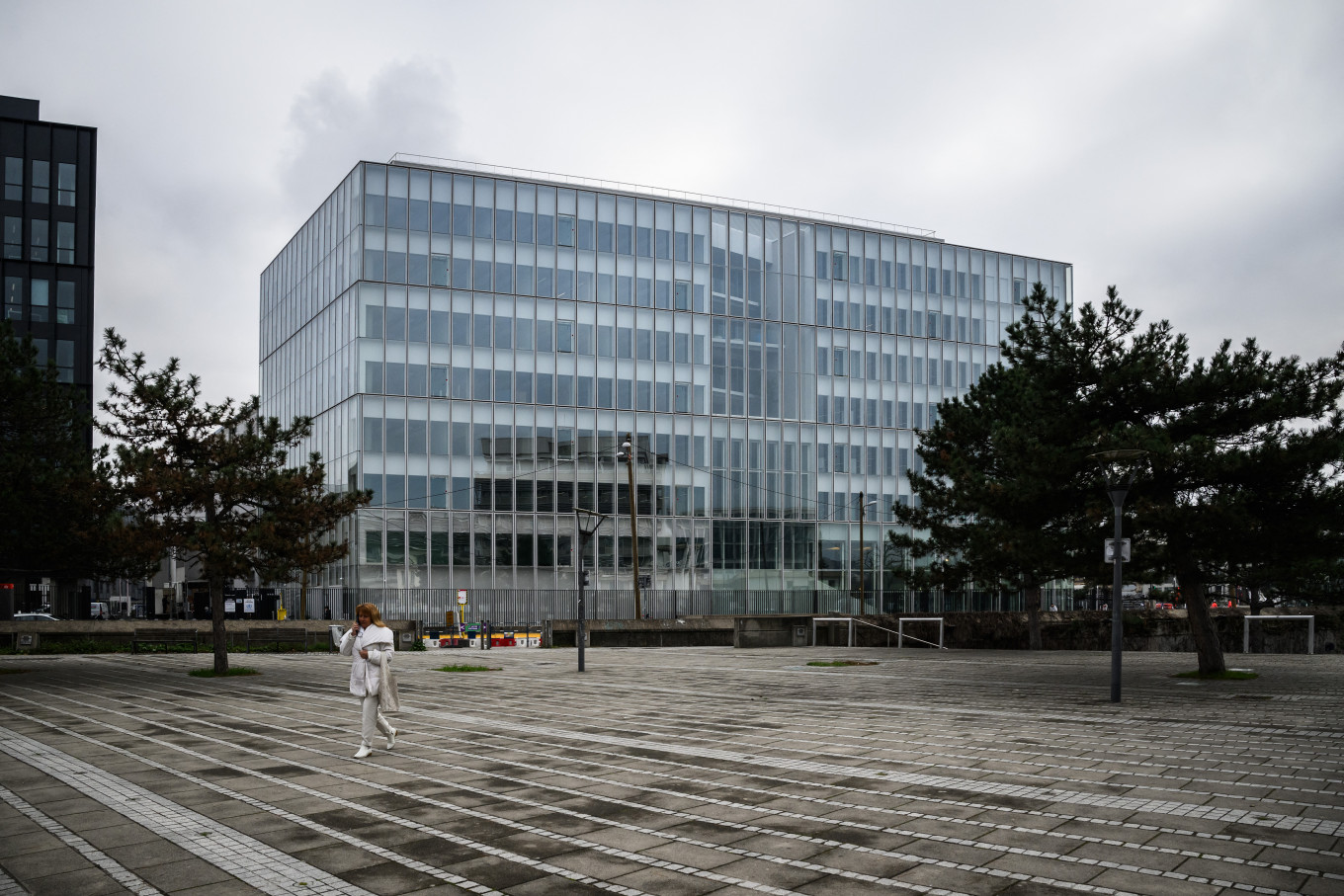Popular Reads
Top Results
Can't find what you're looking for?
View all search resultsPopular Reads
Top Results
Can't find what you're looking for?
View all search resultsBirth of a game changer: The WHO Academy’s vision for global health
The WHO Academy is a new institution to equip health and care workers, policymakers and the WHO workforce with the skills and competencies they need to deliver health for all.
Change text size
Gift Premium Articles
to Anyone
D
uring my time as Minister of Health in Ethiopia, we wanted to transform the country’s health system and I was looking for guidance on how to do so. As it turned out, the World Health Organization (WHO) had exactly what I was looking for, but it wasn’t the WHO that told me about it; I only found it by googling.
My experience is not unique. The WHO is known for its world-class technical products, guidelines, norms and standards, but translating them into real-world action has often been hindered by a lack of institutionalized training. Our products sometimes sit unused on shelves or unopened in email inboxes. While the WHO does provide training in countries, it has never before been institutionalized or provided at the scale needed.
That was one of the reasons that, following my election as director-general of the WHO in 2017, we set about the most ambitious set of reforms in the organization’s history to make the WHO more effective, efficient and responsive to the needs and challenges that countries face.
One of those needs is for capacity building to meet evolving health threats, including the threat of epidemics and pandemics. We recognized that while the WHO has rich knowledge and expertise, we had no systematic or institutionalized way of sharing it.
Thus, the idea for the WHO Academy was born: A new institution to equip health and care workers, policymakers and the WHO workforce with the skills and competencies they need to deliver health for all.
During the G20 meeting in Argentina in 2018, I had a chance meeting in a corridor with President Emmanuel Macron of France, and mentioned to him our idea for the WHO Academy. He grasped the concept immediately and invited me to the Elysée to discuss it with him in more detail. In 2019, we signed a letter of intent to establish the Academy in Lyon. In 2021, we broke ground and on Tuesday we opened its doors together.
With the generous support of the government of France, the Auvergne-Rhône-Alpes region, Lyon City and Métropole, the Academy features a state-of-the-art learning campus for both in-person and remote training. It features an intelligent online learning platform using artificial intelligence and other technologies to deliver free access to world-class courses on priority health topics.
While the WHO Academy will not provide initial education for doctors, nurses, midwives, pharmacists or other professional disciplines, it will offer lifelong learning opportunities to help health and care workers stay abreast of the latest developments in their area.
This will be especially beneficial for health workers and policymakers in lower-income countries, who often lack access to training opportunities.
The Academy builds on the long and close partnership between France and the WHO. In one sense, France is the birthplace of the WHO: The first International Sanitary Conference was held in Paris in 1851 and the International Office of Public Hygiene, the forerunner of the WHO, was established in Paris in 1907.
The establishment of the WHO Academy in Lyon is therefore of both symbolic and strategic significance. Lyon is a vibrant hub for public health, with world-class research centers and medical universities. It is also strategically located just two hours from the WHO’s headquarters in Geneva, Switzerland, where the experts who will deliver most of the in-person training are based.
The inauguration of the Lyon campus and the global launch of a diverse portfolio of online courses represent the culmination of a seven-year journey and the beginning of yet another. For the Academy to truly succeed, it must align with the priorities and needs of countries, and it will require the engagement and cooperation of all countries.
But while the Academy is a major step forward, it is only part of the solution. We aim to build the capacities of the global health workforce, but the workforce itself is facing a crucial deficit: A projected shortfall of 10 million health and care workers needed by 2030, with over half of this deficit in Africa.
The global health workforce crisis cannot be solved without political will and financial investment from governments, international organizations and the private sector. The WHO Academy provides the platform for growth, but governments must step up to address the root causes of workforce shortages. This means improving working conditions, ensuring fair pay and offering decent work opportunities that will attract new talent to the health sector.
Ultimately, there is no health without health workers. They are there at our first, last and most vulnerable moments of life, and at moments of crisis, from the personal crisis of a cancer diagnosis to a global pandemic. Investing in health workers is therefore not just investing in a healthier world, but in a more stable and secure world.
---
The writer is director-general of the World Health Organization.











